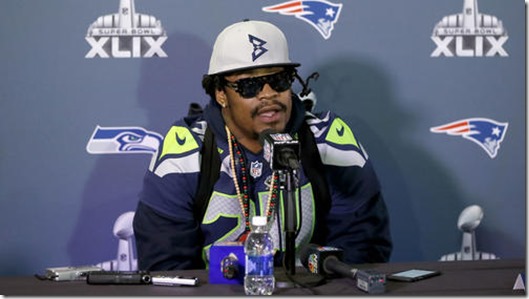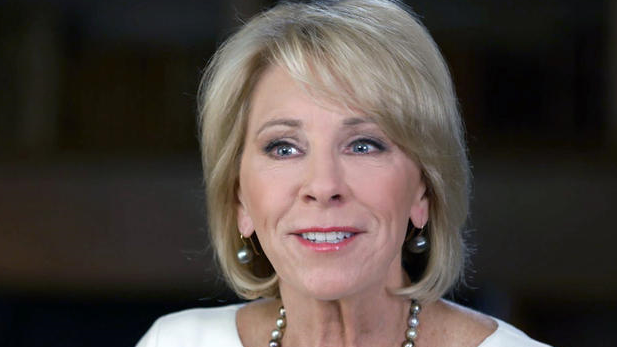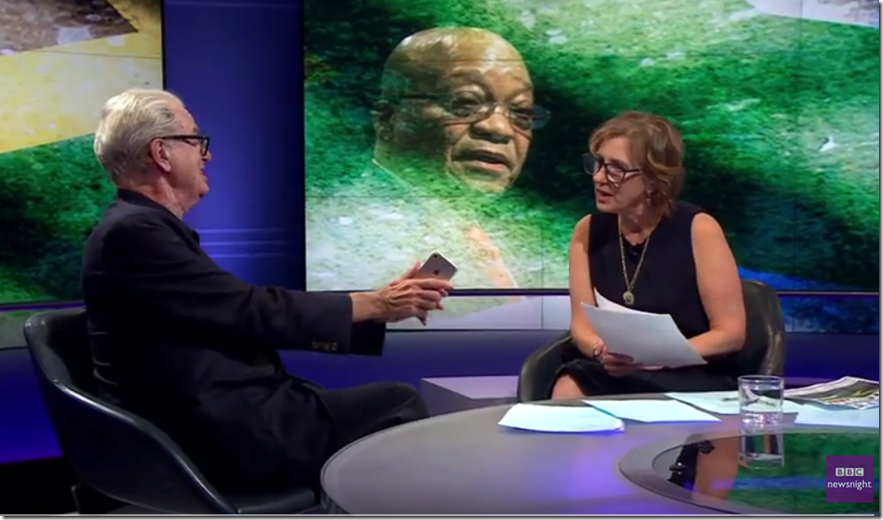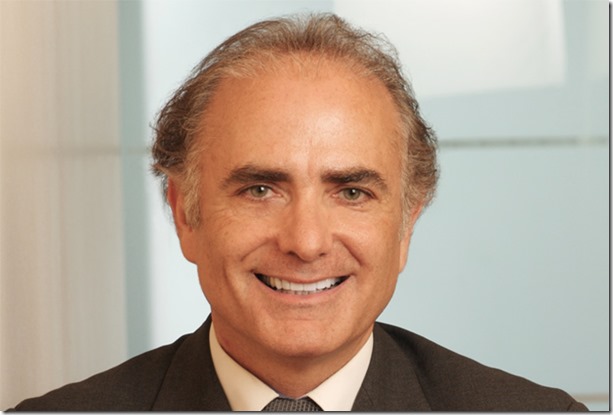January 2015: The Worst Video Media Disaster
Seattle Seahawks running back Marshawn Lynch has a reputation for his erratic media interviews—and he has been fined thousands of dollars by the NFL for his occasional refusal to speak to the press.
In the week leading up to tonight’s Super Bowl, Lynch agreed to comply with the NFL’s requirement that he speak to the press, if only to avoid receiving a reported $500,000 penalty. But he only followed the letter of the rule—not the spirit of it—and defiantly said, “I’m here so I won’t get fined” dozens of times.
By refusing to interact with reporters, Lynch turned himself into a headline-grabbing spectacle who magnified the amount of attention his interview would receive instead of diminishing it. And he doubled down the next day.
“I don’t know what story y’all trying to get out of me. I don’t know what image y’all trying to portray of me. But it don’t matter what y’all think, what y’all say about me. When I go home at night, the same people that I look in the face — my family that I love. That’s all that really matter to me. So y’all can go make up whatever y’all want to make up because I don’t say enough for y’all to go and put anything out on me.”
I’ve followed the conversation about Lynch’s interviews for the past week, and there’s a stark split in opinion. Many people support him, pointing out that the NFL demands more availability of its players than its executives, while others, including many sports reporters, find his defiance infuriating.
Count me in the latter camp. Mr. Lynch is a professional athlete. And nothing about his public persona conveys a sense of professionalism.
I’ve seen people arguing that his job is to perform on the field, not in front of microphones. I find that argument to be insulting toward professional athletes, several of whom I’ve counted as clients. After all, we would never say, “That Fortune 500 executive is great in the board room, so his defiance in front of the cameras is hilarious,” or, “That politician who told the press to shove off for four minutes is great at policy, so it’s fine for him to repeat the same phrase 30 times.” So why do we accept that behavior from professional athletes representing a professional sports franchise and sport?
Earlier this month, a friend of mine—the communications director for a major professional sports franchise—told me why this poor media relations strategy matters. In a post on my blog, he wrote:
“We grow any of the games we work in through young kids, and for them to see this does not help the game…I want players in my room respecting the media and the media respecting the players and the job they do. It is my job to keep that scale as even as possible throughout the season. Dealing with players, their goal is to make their team and themselves look the best they can, both on and off the field.”
And he also wrote that athletes such as Lynch should remember that their media performance could have larger impacts on their careers:
“I’ve seen it happen when the attitudes of players prevents teams from ‘investing’ in them. As important as it is to compete on the playing field/ice/gym, when it comes time to sign a free agent or make a trade, all of these things go into an organization’s evaluation process. Is ‘said player’ worth disrupting the current team?”
I hope the NFL fines Lynch for breaking the intention of the rule. Media availabilities are opportunities to positively sell the sport—something the NFL is in dire need of, particularly in a season that has been dominated by headlines about domestic abuse and brain injuries. This doesn’t help. And in the end, team sports should be about the team, not serve as an opportunity to advance your own performance art.
Agree? Disagree? Please leave your thoughts in the comments section below.




He’s just another selfish person trying to paint himself the victim. When you consider that he’s willing to use these appearances to sell his hat — but not his team, his league or the game — well, that tells you all you need to know.
Brad, I agree. The years as a television sports reporter in Tampa, Florida, covering NFL football, I grew to especially appreciate the cerebral answers by the linemen — either on offense or defense — who were rarely interviewed. They usually always gave thoughtful and fun interviews. Once gaining a rapport with them we uncovered remarkable human interest stories and insight to their skills and pursuits away from the gridiron. They represented the team with class and character. The weirdness of today’s athletic drama queens amazes me but more astonishing is how or why the media latches onto them for supposed story value which is usually a waste of the viewer, reader or listener’s time.